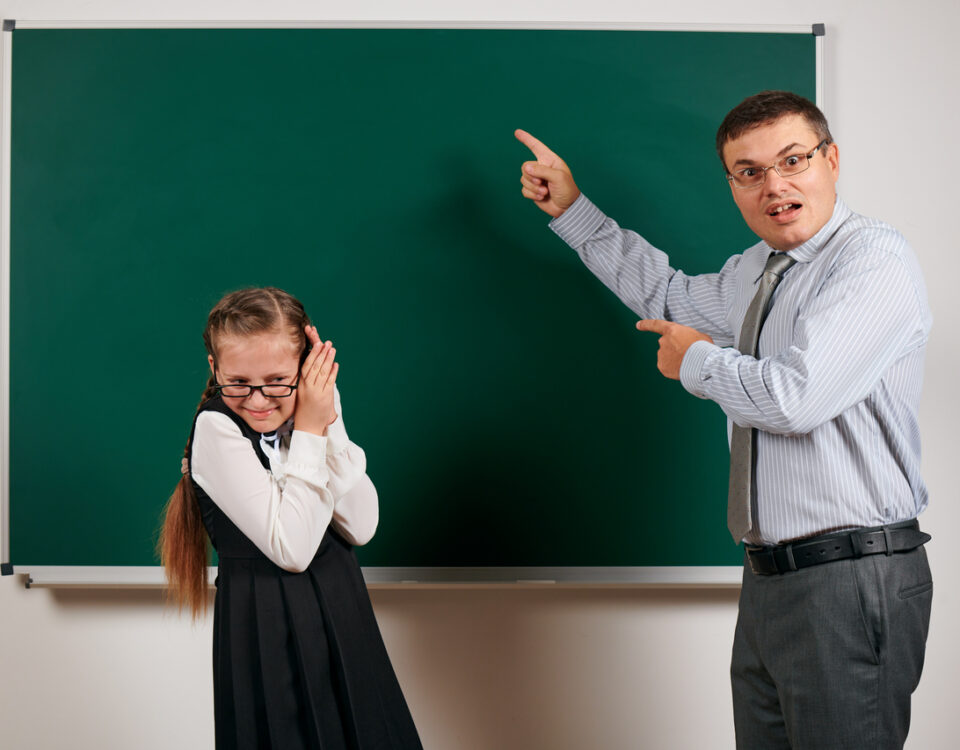School Board Liability Insurance: Cyberbullying a Communal Crisis
Virginia Municipality Insurance: Impacts of New Legislation
June 18, 2014Virginia School Board Insurance: MO Educators Carry Concealed Weapons
July 9, 2014School Board Liability Insurance: Cyberbullying a Communal Crisis
School Board Liability Insurance: Cyberbullying a Communal Crisis
Cyberbullying continues to be a growing problem for youth across the nation, not only for the adolescent victims of internet bullying but also for lawmakers seeking to protect their communities. Just over a dozen states have already enacted legislation criminalizing the use of internet, social media and other digital platforms to cause emotional, reputational, or other negative detriment of minors, and many more communities across the nation are proposing such policies. These efforts are often met with a number of challenges, such as allegations of free-speech violations and government overreach. One of the most highly debated questions is over, who should be responsible for monitoring and punishing those who participate in cyberbullying.
The county of Albany has faced recent scrutiny for their anti-cyberbullying legislation enacted in 2010, that makes it a crime to “communicate private, personal, false, or sexual information, intended to harass, annoy, threaten, abuse, taunt, intimidate, torment, humiliate, or otherwise inflict significant emotional harm on another person.” A young man tried and found guilty under the cyberbullying law, is appealing his sentence on the basis that the law violates his and all Albany citizens’ freedom of speech. His attorneys are alleging that the terms “annoy” and “abuse” and too general to limit First Amendment Rights on such a broad level. They attest that municipalities and lawmakers have no authority to establish laws restricting freedom of expression and communication in this manner, and that the responsibility of preventing, monitoring and penalizing bullies lies with parents and school authorities not with local government.
Bullying in Virginia is generally defined as “any aggressive and unwanted behavior that is intended to harm, intimidate, or humiliate the victim; involves a real or perceived power of imbalance between the aggressor or aggressors and victim; and is repeated over time or causes severe emotional trauma.” This definition has been modified to incorporate the use of digital and internet platforms to support deliberate and hostile behavior, speech and actions intended to harm others.
Virginia schools that receive federal funding are already required by law to help prevent bullying and procedures to report, investigate, and intervene when bullying behavior occurs. State law places much of the responsibility on educators, requiring local school boards to establish education programs that include addressing the negative effects of bullying and encourage youth to speak up should they become aware of any such issue among their friends and peers.
Sometimes intervention and reporting can be challenging for educators who face a double-edged sword of liability in these instances. Often these cases lead to costly legal battles and disputes. When it comes to highly controversial issues, the likelihood that local municipalities and school boards will face a lawsuit greatly increases. Professional Governmental Underwriters, Inc. is a full-service risk management company dedicated to assisting public, educational and non-profit entities in the management of their professional liability exposures. We understand that a broad spectrum of insurance coverage is essential to defend the educational entity, its employees and even its volunteers. For more information about our coverage options contact us today.

